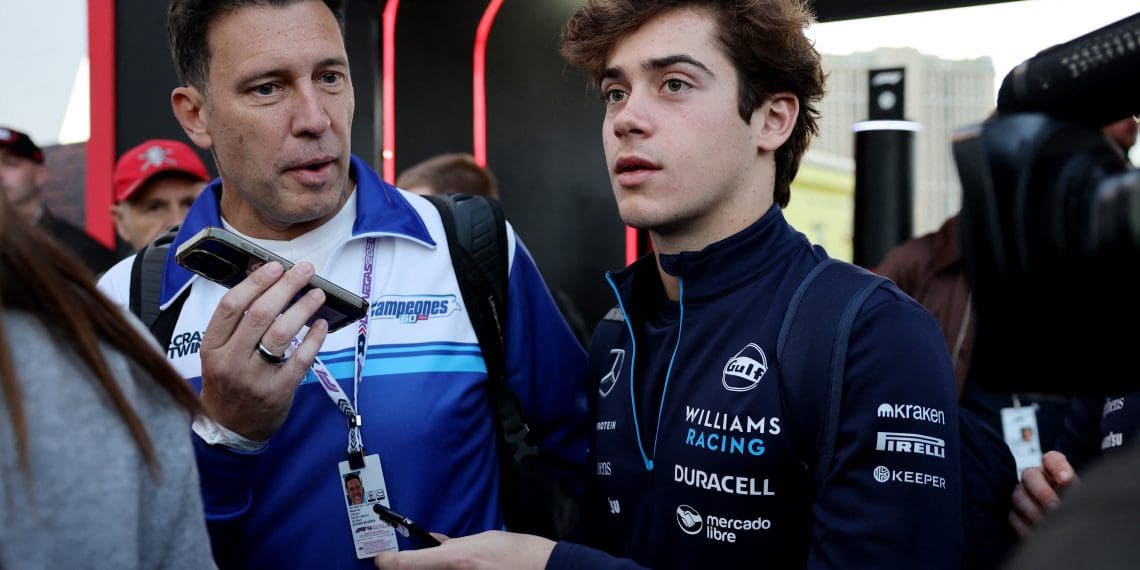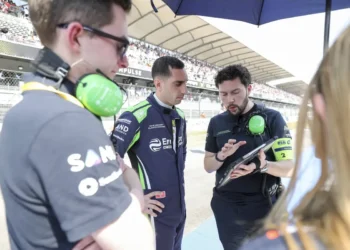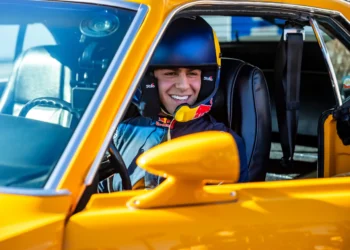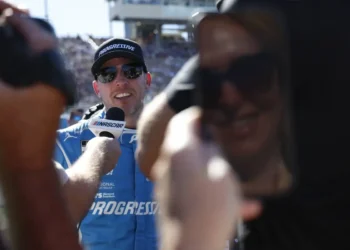Tribalism and Abuse: The Dark Side of F1 Fandom Unleashed on Social Media
The world of Formula 1 is no stranger to intense rivalries and passionate fans, but a disturbing trend of tribalism and abuse has been rearing its ugly head, especially on social media platforms. The toxic behavior exhibited by certain factions of supporters is tarnishing the sport’s reputation and causing harm to drivers and teams alike.
One recent incident involving Alpine’s Franco Colapinto sheds light on the darker side of F1 fandom. As the young driver gained popularity, his fanbase grew increasingly aggressive towards his competitors, with some even resorting to online harassment and abuse. This behavior reached a boiling point at the Emilia-Romagna Grand Prix, where a fake post attributed to Jack Doohan’s father led to a wave of vitriol directed at the driver.
This is not an isolated incident but rather a symptom of a larger issue plaguing not just F1, but sports in general. The rise of social media has provided a platform for fans to voice their opinions, but it has also enabled a culture of toxicity and aggression to thrive unchecked. The bitter rivalry between Lewis Hamilton and Max Verstappen in 2021 served as a catalyst for online abuse, with even officials like FIA race director Michael Masi and drivers like Nicholas Latifi falling victim to targeted attacks.
The problem extends beyond individual rivalries and national borders. Argentinian fans, in particular, have come under scrutiny for their role in perpetuating a culture of violence and abuse, both in F1 and other sports. This behavior is not only detrimental to the targets of the abuse but also undermines the integrity of the sport as a whole.
Efforts have been made to address the issue, with initiatives like the United Against Online Abuse campaign aiming to combat online harassment. However, the responsibility does not solely lie with governing bodies and teams. Legacy news organizations and social media platforms also play a crucial role in shaping the narrative and must take steps to curb the spread of harmful content.
As the debate rages on, one thing is clear: the time for action is now. Whether it’s holding social media companies accountable for their role in amplifying abusive behavior or promoting a culture of respect and sportsmanship among fans, everyone must play their part in ensuring that the dark side of F1 fandom does not overshadow the sport we all love.










